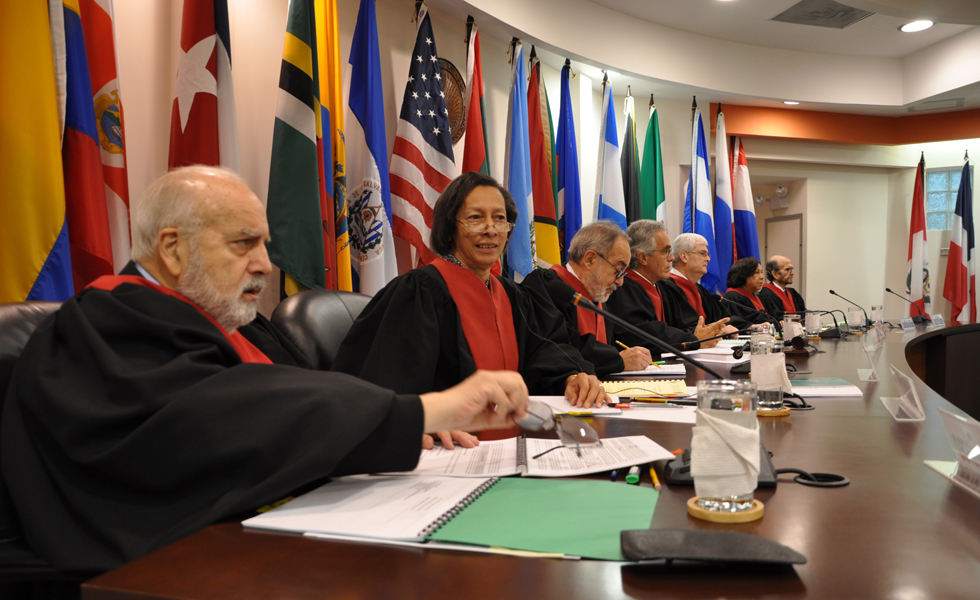On several occasions, the judgments of the Supreme Court have provided legal arguments for discourse and political activity of the ruling party. The case of opposition leader Leopoldo López and the Government’s denunciation of the American Convention on Human Rights, are examples of the “coincidences” between the judicial and executive branches.
The Constitutional Chamber of the Supreme Court declared the ruling of the Inter-American Court of Human Rights “unenforceable” on October 17, 2010, which condemned the Venezuelan government and favoured Lopez, ordering that the disqualification against López, founder of the Voluntad Popular political party, “should not constitute an impediment to run for office.”
“The Inter-American Court of Human Rights continues to divert the teleology of the American Convention and its own powers, issuing direct orders to entities of the Venezuelan Public Power (the National Assembly and the National Electoral Council), usurping functions as if it were a colonial power and trying to impose upon a sovereign and independent nation political and ideological views that are absolutely incompatible with our constitutional system,” stated Justice Arcadio Delgado.
Subsequently, on September 6, 2012, the Venezuelan Foreign Ministry sent a letter to the Secretary General of the Organisation of American States (OAS), José Miguel Insulza, announcing the withdrawal from the Commission and the Inter-American Court of Human Rights. In that letter, the Government recalled the case of López, noting that he had been part of an “international campaign to discredit the Bolivarian Republic of Venezuela.”
Following these legal and political decisions, Venezuelan citizens were left without the protection of the Inter-American Human Rights System.
Extract of the judgment
The Inter-American Court of Human Rights continues to divert the teleology of the American Convention and its own powers, issuing direct orders to entities of the Venezuelan Public Power (the National Assembly and the National Electoral Council), usurping functions as if it were a colonial power and trying to impose upon a sovereign and independent nation political and ideological views that are absolutely incompatible with our constitutional system. (…) the Constitutional Chamber declared unenforceable the ruling of the Inter-American Court of Human Rights, (…) in which they sentenced the Venezuelan State, through “the competent bodies, particularly the National Electoral Council (CNE)”.
